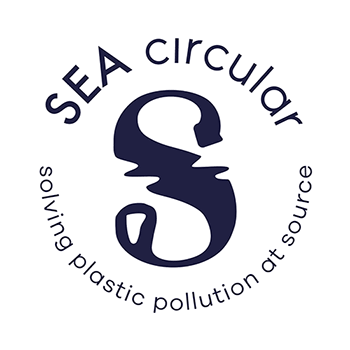
SWAT launches commitment to plastic footprint reduction with Thailand-based public and private sector entities.
The Solid Waste Management Association (Thailand) – SWAT – launched their Plastic Footprint Reduction Project by signing a Memorandum of Cooperation (MOC) with 12 entities on 26 March at the Sukosol Hotel in Bangkok, Thailand.
This initiative is part of the SEA circular project implemented by the United Nations Environment Programme (UNEP) and the Coordinating Body on the Seas of East Asia (COBSEA) with support from the Government of Sweden.
In the coming months, SWAT will work with companies and organizations representing key sectors in Thailand: food & beverage, manufacturing plastic and packaging, hotels and hospitality, municipalities as well as universities and schools. These companies and organizations include: S&P Syndicate Public Company Limited, SAPPE Public Company Limited, Cosmos Brewery (Thailand) Co., Ltd., TPBI Public Company Limited, The Sukosol Hotel, Six Senses Hotels Resorts Spas, Doi Kham Food Products Co., Ltd., SITEX Industry Corporation Co., Ltd., Wieng Theong Municipality, Mae Fah Luang University, Wat Soi Thong School and Mater Dei School.
A cornerstone of SWAT’s Plastic Footprint Reduction effort is reducing the use of plastic and increasing recovery and recycling of plastic waste to support the circular economy. With support from SEA circular and COBSEA, SWAT works with entities all over Thailand to measure their plastic footprint and identify key actions to bring about significant results.
One of the initiatives, at Wat Soi Thong school – a school that with the help of student volunteers is transforming litter into bags and mats – rather ingeniously features the recycling of plastic straws to make pillow stuffing.
According to UNEP, the world produces 300 million tonnes of plastic waste every year, nearly equivalent to the weight of the entire human population, and it is predicted that by 2050 the oceans will contain more plastic than fish, having a direct and deadly effect on marine life and causing incalculable damage to our planet’s ecosystem.
SEA circular aims to reduce and prevent plastic pollution and its impact through market-based solutions, science-based policies, outreach and regional coordination.
news
